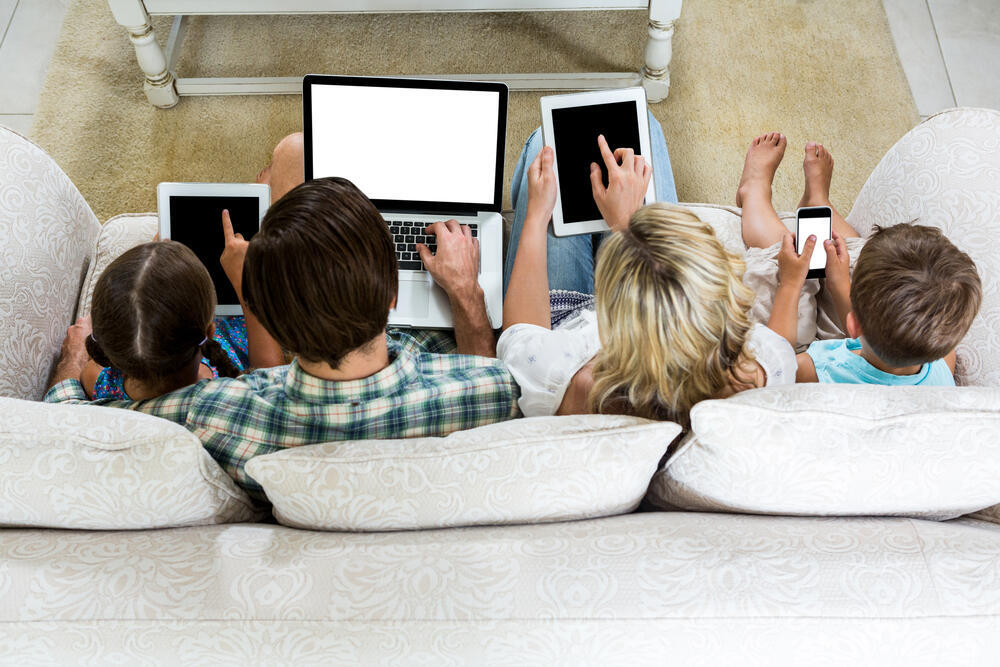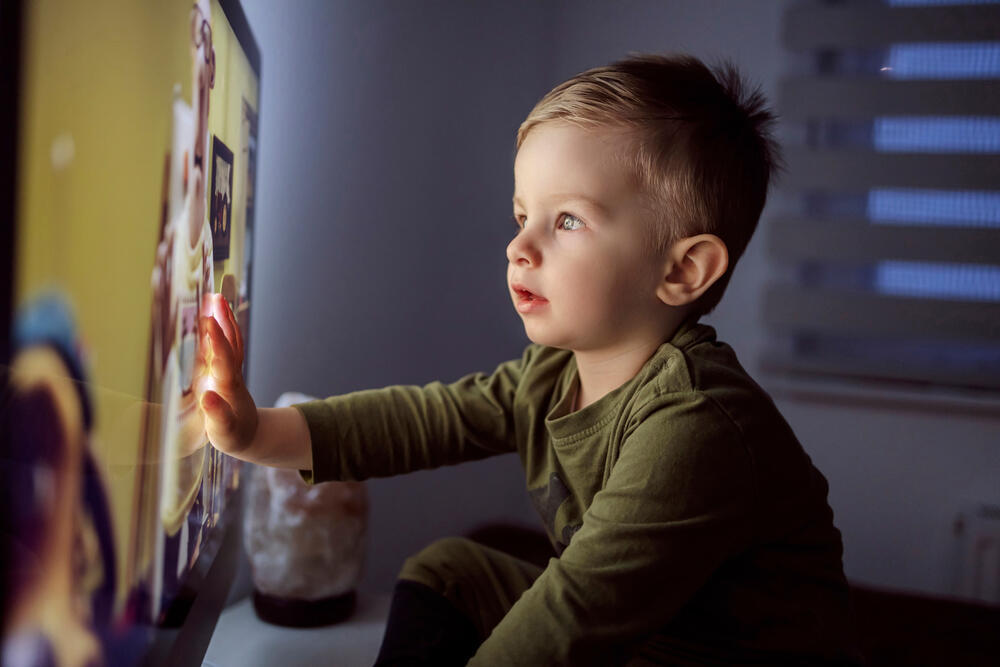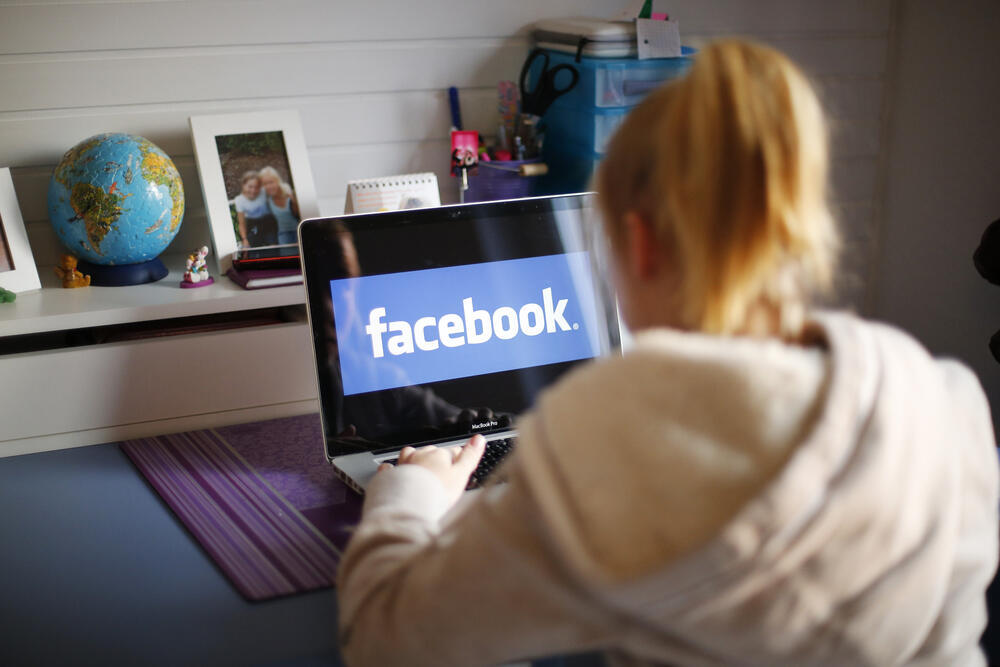The impact of social media on the human psyche was until a few years ago relevant to people in their 20s or 30s. Today, however, it affects both very young children and teenagers on one hand, and very old people on the other hand – meaning social media’s social influence has greatly increased.
More stories:
When it comes to children and teenagers using social media, they are obviously more susceptible to its influence, not to mention their sensitivity to building their self-image, finding their place in society, dealing with hormones and more. Therefore, any psychological issues that affect all of us also impact them more significantly, according to clinical psychologist Roy Samana.
3 View gallery


Children and teenagers using social media, they are obviously more susceptible to the influence of social media
(Photo: Shutterstock)
"No experience or emotion has been invented in the 21st century. All mental phenomena and their effects have existed since the beginning of time. The difference with life in the era of social media is the emotional scope, which is completely different,” according to Samana.
“If in the past, kids might bully me in class, today it's cyberbullying, and suddenly the class and the entire school are laughing at me, and I can’t avoid it even at home because it follows me on my phone, and if they took a picture, there's documentation, leading to a lifelong humiliation," he added.
The same applies to feelings of envy and FOMO (fear of missing out)?
"Certainly. It's not like we never compared ourselves to others before, but in the past, I compared myself to two or three people, at most 30 kids in my class. But today, I compare myself to guys all over the country and even the world, and I'm exposed, of course, only to the best moments they choose to upload – which makes this even more unbalanced."
Since technology always advances ahead of human psychology – because our psyche develops slowly while technology rapidly evolves – we find ourselves in a gap, according to Samana. This is especially true for children and teenagers. The reason: we brought them into the digital world, but we didn't teach them how to navigate within it.
"The realm of social media is where children and teenagers live, where their personalities develop, self-image forms, and it seems that too little is being done to teach them how to navigate these turbulent waters. Even our education system is outdated and not synchronized with the rapid pace of technological development," he said.
Do we have a chance at overcoming this?
"Absolutely, but it requires a lot of systemic work from both the education system and parents. We won't beat technology, but we need to have a foundation for navigating within it. Just as we taught a child to read, write and comprehend text, we need to teach them social media literacy – the ability to distinguish between fake and real, and taking things in proportion."
And when this tool is absent, stress is quick to follow.
"Stress, loneliness and difficult emotions, and we see it all the time. Those who inherently possess developed social skills adapt more easily to this reality and use social media as another means of staying connected with their peers.”
“But those who were already isolated, different, and abnormal suffer even more. They become consumed by envy watching others experience things, seeing images on Instagram, and stewing in their own frustration."
So, we should go back to simpler times then?
"Unlike us, young people haven't known a different world, so we won't counteract technology's effects by limiting children's access to social media; that's just a Band-Aid solution. Even in the 90s, different trends reigned, but they happened once a year.”
“Today, TikTok profligates a new trend weekly, it goes viral, and everyone is swept up in it, and this pace keeps accelerating. We'll help children a lot if we teach them critical thinking, something we're not doing enough of."



